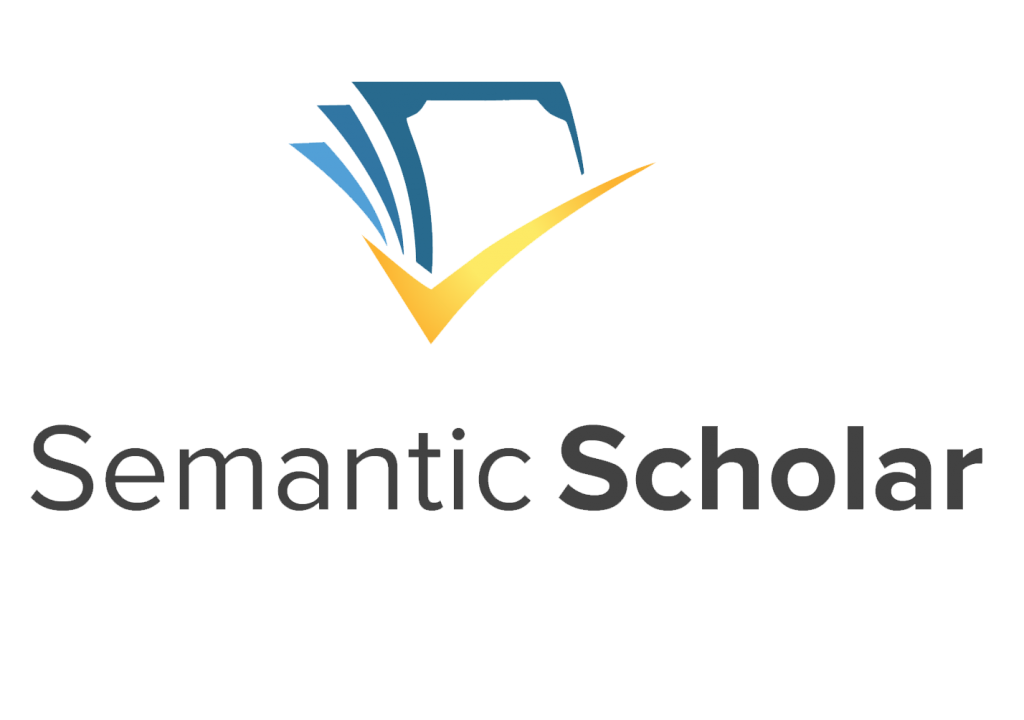ATTITUDE OF HIGHER SECONDARY STUDENTS TOWARD SKILL-BASED EDUCATION IN WEST BENGAL
DOI:
https://doi.org/10.61778/ijmrast.v2i11.92Keywords:
Attitude, Skill-based Education, Higher Secondary StudentsAbstract
Skill-based education is a crucial tool for economic development. It enables students to pursue a variety of jobs, rather than solely attending college or university to continue their education. In India, skill-based education has traditionally been regulated by the Ministry of Labour, other central ministries, and various government agencies. The National Skills Competencies Framework (NSQF) was launched in December 2013 to establish standards and differentiate between various skills and competencies based on levels of knowledge. The NSQF replaces all other frameworks, including the National Vocational Education Qualifications Framework (NVEQF) published by the Ministry of Human Resources Development. In November 2014, the Government of India established the Ministry of Skills Development and Entrepreneurship. This study aims to measure students' attitudes toward skill-based education. The objectives are to determine whether there are gender differences in higher secondary students' attitudes toward skill-based education and to examine variations in attitudes based on locality. The sample comprised 203 higher secondary students who participated in the study. A descriptive survey method with a quantitative approach was utilized in this study. Purposive sampling was employed to select the participants, and a self-constructed scale was developed to assess their attitudes toward skill-based education. The data were analyzed using measures such as Mean, Standard Deviation, and t-test. The results indicate that higher secondary students generally have a positive attitude toward skill-based education. Furthermore, significant differences in attitudes were found based on gender and locality. As a result, career guidance has been provided to help students make informed decisions about enrolling in skill-based courses at the secondary level, thereby enhancing their career prospects.
Downloads
Published
Issue
Section
License
Copyright (c) 2024 International Journal of Multidisciplinary Research in Arts, Science and Technology

This work is licensed under a Creative Commons Attribution-NonCommercial 4.0 International License.












